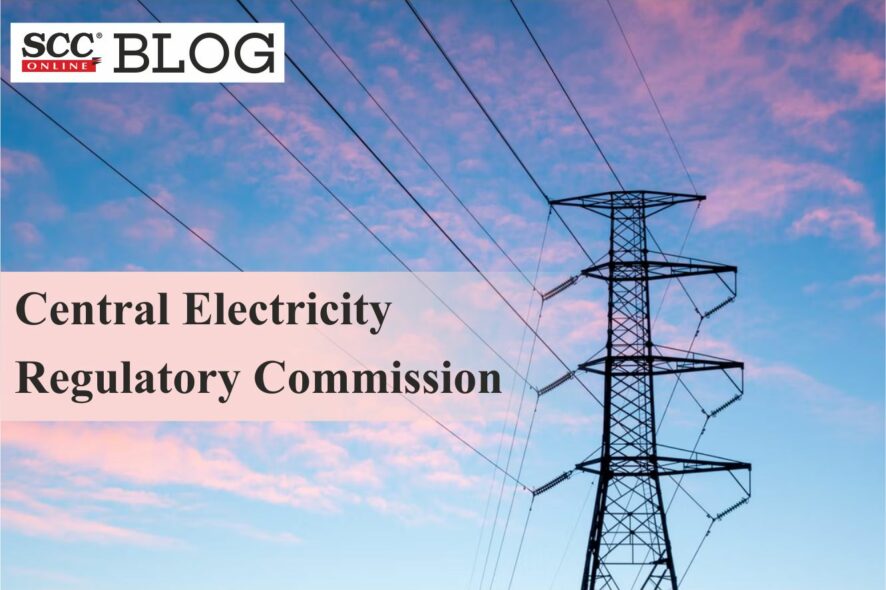The Central Electricity Regulatory Commission makes Central Electricity Regulatory Commission (Ancillary Services) Regulations, 2022 with an aim to provide mechanisms for procurement, through administered as well as market–based mechanisms, deployment and payment of Ancillary Services at the regional and national level for maintaining the grid frequency close to 50 Hz, and restoring the grid frequency within the allowable band as specified in the Grid Code and for relieving congestion in the transmission network, to ensure smooth operation of the power system, and safety and security of the grid.
Applicability: These regulations shall be applicable to regional entities, including entities having energy storage resources and entities capable of providing demand response qualified to provide Ancillary Services and other entities as provided in these regulations.
Types of Ancillary Services: There shall be the following types of Ancillary Services, namely:
- Primary Reserve Ancillary Service (PRAS);
- Secondary Reserve Ancillary Service (SRAS);
- Tertiary Reserve Ancillary Service (TRAS); and
- Such other Ancillary Services, including but not limited to Voltage Control Ancillary Services and Black Start Ancillary Services, as specified in the Grid Code
Eligibility for an SRAS Provider: A generating station or an entity having energy storage resource or an entity capable of providing demand response, on standalone or aggregated basis, connected to inter-State transmission system or intra-State transmission system, shall be eligible to provide Secondary Reserve Ancillary Service, as an SRAS Provider, if it
- has bi-directional communication system with RLDC, as per the requirements stipulated in the Detailed Procedure by the Nodal Agency:
Provided that till such bi-directional communication system with RLDC is fully established, communication system with NLDC shall be considered for eligibility; - is AGC-enabled, in case of a generating station;
- can provide minimum response of 1 MW;
- has metering and SCADA telemetry in place for monitoring and measurement of energy delivered under SRAS, as stipulated in the Detailed Procedure by the Nodal Agency;
- is capable of responding to SRAS signal within 30 seconds and providing the entire SRAS capacity obligation within fifteen (15) minutes and sustaining at least for the next thirty (30) minutes.
Eligibility for a TRAS Provider: A generating station or an entity having energy storage resource or an entity capable of providing demand response, on standalone or aggregated basis, connected to inter-State transmission system or intra-State transmission system shall be eligible for participation as TRAS Provider, if
- it is capable of varying its active power output or drawl or consumption, as the case may be, on receipt of despatch instructions from the Nodal Agency; and
- it is capable of providing TRAS within 15 minutes and sustaining the service for at least next 60 minutes.






